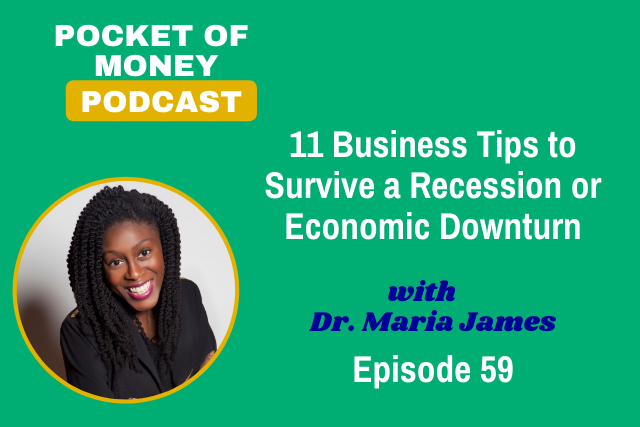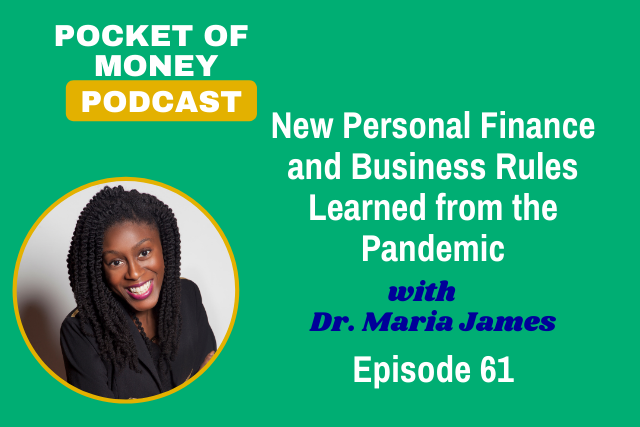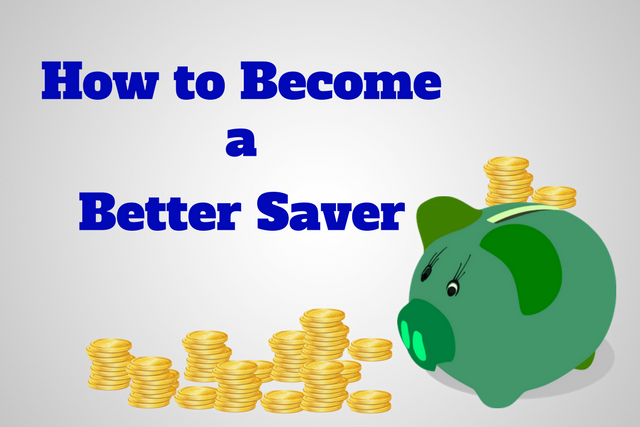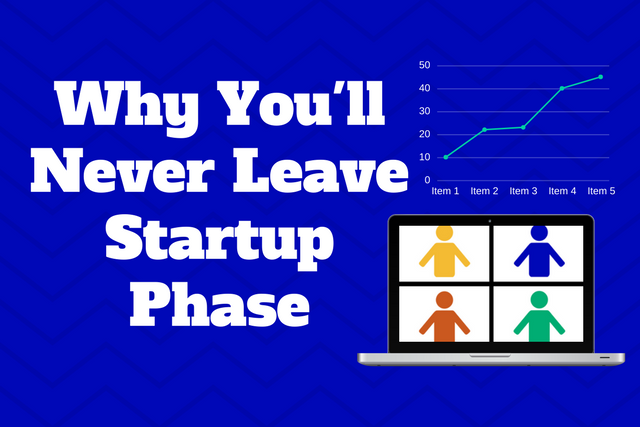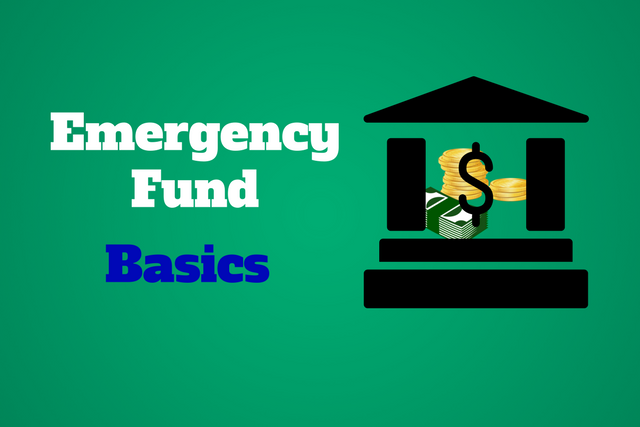What is a good credit score? Credit and credit scores explained. Part 1.
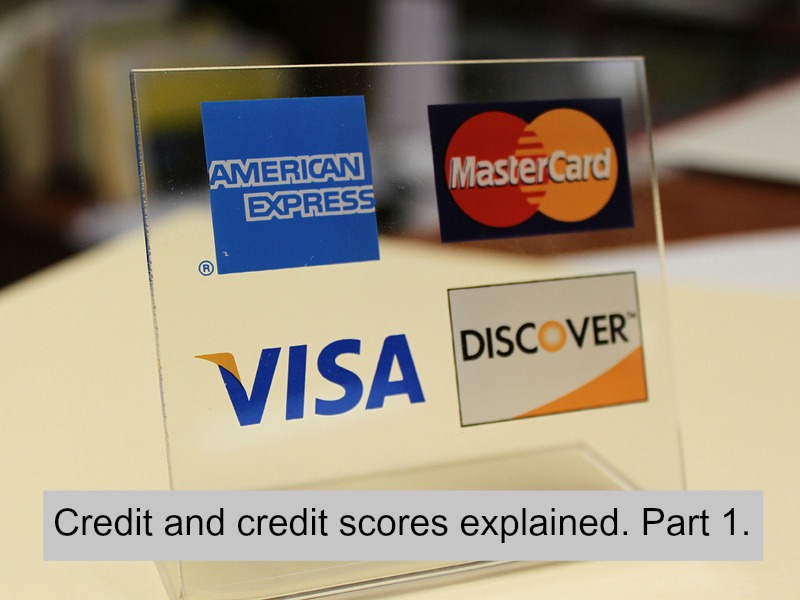
If you’ve ever borrowed money you started a credit history from which your credit score is based. Most of us got that first credit card right before going to college or shortly after stepping foot onto campus. I remember getting so many offers for credit cards in the mail. You know when getting mail was so exciting because you never really got anything via mail (and you weren’t paying bills yet). Then here are these companies offering me “free” money. I could get my very own credit card and with a swipe of plastic get “stuff.” Fortunately, I have a great and knowledgeable mom, who sat me down and explained I could get one for emergencies only, e.g. I got stranded off campus. Being who I am, I understood that I had to pay the money back and it wasn’t truly “free.” However, at that time I still didn’t fully understand what credit is and the real financial history I was starting by getting that small rectangle of plastic. Let’s dive into credit and credit scores.
You’ve probably had companies or an employer run a credit check or background check. So many people use your credit score to assess you, which leads you to questions like:
1) what exactly is credit?
2) what is a good credit score?
3) who determines my credit score?
I’ll address each question in a multi-part article on credit. This is part one.
What is credit?
Let’s start off by discussing what credit is and how it should be used. Credit is used to purchase things that you do not currently have the money to buy; therefore, anytime you use credit you are taking out a loan. You can borrow or obtain credit from financial institutions such as banks, companies that specialize in providing credit only through credit cards, stores that offer cards (which they sneakily do not call credit cards) etc. Even though your favorite store doesn’t call it’s card a credit card (with the exception of rewards programs), store cards are credit cards and will affect your credit score.
Credit is borrowed money that you must pay back with interest. The loaner tells you how much they will charge you for the privilege of borrowing their money. When using credit, you borrow money to pay for an item and have agreed to pay the amount you borrowed plus interest that has accrued on the original amount. Interest rates vary depending on the terms of the loan. The most common forms of credit are credit cards and student loans. One is really bad and one is acceptable or what some call good debt. Check out my previous article on good versus bad debt to read more detail about each.
Credit card debt is the really bad debt. Credit cards normally have high interest rates up to 30%. The interest rate is usually stated as the APR (annual percentage rate). For example, if you have $1,000 charged on your credit card and make only the minimum payment it will take you almost 3 years to pay it all off. And that’s if you never use the credit card again. Credit cards can lead to big trouble because they tempt you to live beyond your means. Use them sparingly and pay off the balance before it’s due.
If you’re going to use credit, use it responsibly. Using credit responsibly includes paying off the balance each month before the company can charge you interest. For example, some people like to sign-up for new credit cards in order to receive points towards frequent flyer miles or hotel stays. Just remember to pay off the cards and realize that this can be a tricky game to play. There are rules from the company to try and ensure that they get some money out of you, like stating a minimum dollar amount in purchase before you’re allowed to use the points. Don’t sign-up for a lot of credit just to get the so-called rewards. It will be reflected on your credit history and will affect your credit score.
Stay tuned for next week’s article on what is a good credit score and what affects your credit score.
I love hearing from you. Leave your comments below or reach us on Facebook and Twitter.
Photo credit: Philip Taylor


